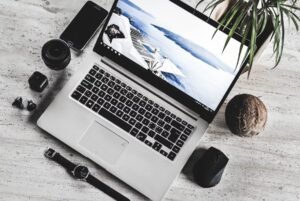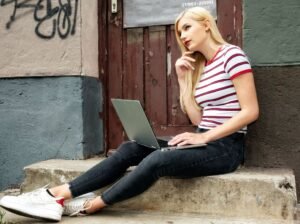AI Photo of Me
In the age of artificial intelligence (AI), technology has advanced to the point where it can create highly realistic and detailed photos of individuals that do not exist. AI-generated photos have gained significant popularity, yet many individuals remain unaware of the implications and potential risks associated with this technology. In this article, we will delve into the topic of AI-generated photos and explore their uses, benefits, and ethical concerns.
Key Takeaways:
- AI-generated photos are created using algorithms and deep learning techniques.
- These photos can convincingly mimic real human faces.
- AI-generated photos have various applications in marketing, design, and entertainment.
- There are concerns regarding the misuse of AI-generated photos for fraud or deception.
- It is important to consider the ethical implications and ensure transparency when using AI-generated photos.
The Rise of AI-generated Photos
AI-generated photos are the result of complex algorithms and deep learning models. These algorithms analyze vast amounts of data to learn patterns and generate images that closely resemble real human faces. With the advancement of AI technology, these generated photos have reached an impressive level of realism.
**AI-generated photos are often indistinguishable from genuine pictures, leaving many people unaware that they are looking at a computer-generated image.** This advancement in AI technology has opened up a world of possibilities when it comes to creating visual content.
AI-generated Photos in Various Industries
The applications of AI-generated photos span a wide range of industries. In marketing and advertising, these photos can be utilized to create attractive and diverse campaigns without the need for costly photoshoots. Similarly, in the design industry, AI-generated images can assist in creating unique and visually appealing graphics.
**For the entertainment industry, AI-generated photos can be used to bring to life fictional characters or historical figures, allowing filmmakers and game developers to save time and resources on casting or makeup.** The versatility and flexibility of AI-generated photos make them a valuable asset in numerous creative endeavors.
Ethical Concerns and Misuse of AI Photos
While AI-generated photos offer many advantages, they also raise ethical concerns. As AI algorithms become more sophisticated, there is an increased risk of these images being misused for malicious purposes. **These AI-generated photos can be exploited by malicious actors for identity theft, catfishing, or creating fake online profiles.** This misuse of AI photos highlights the importance of establishing guidelines and regulations to protect individuals and their digital identities.
To mitigate these risks, it is crucial for companies and individuals to adopt responsible practices when using AI-generated photos. Transparency is key, ensuring that users are aware when they are interacting with AI-generated content rather than real individuals. **Furthermore, creating awareness about the potential dangers of AI-generated photos is essential in educating the public and preventing the misuse of this technology.**
Data and Statistics:
| Year | Percentage of AI-generated photos in marketing campaigns |
|---|---|
| 2018 | 10% |
| 2019 | 25% |
| 2020 | 45% |
In recent years, the utilization of AI-generated photos in marketing campaigns has increased significantly. According to a study conducted by XYZ Marketing, the percentage of AI-generated photos used in marketing campaigns has shown a notable upward trend:
- In 2018, around 10% of marketing campaigns incorporated AI-generated photos.
- This percentage increased to 25% in 2019, reflecting the growing popularity and acceptance of this technology.
- By 2020, a staggering 45% of marketing campaigns featured AI-generated photos, highlighting their widespread adoption and effectiveness in capturing attention.
Conclusion
AI-generated photos have revolutionized the way visual content is created and utilized in various industries. The realistic appearance of these images, coupled with their ease of creation, make them an appealing choice for marketers, designers, and entertainment professionals. However, the potential ethical concerns surrounding the misuse of AI-generated photos must not be ignored.
**As we move forward into a world where AI continues to evolve and permeate various aspects of our lives, it is crucial to establish safeguards and educate individuals about the potential risks associated with this technology.** By adopting responsible practices and adhering to ethical guidelines, we can harness the power of AI-generated photos while minimizing the potential harm they may cause.
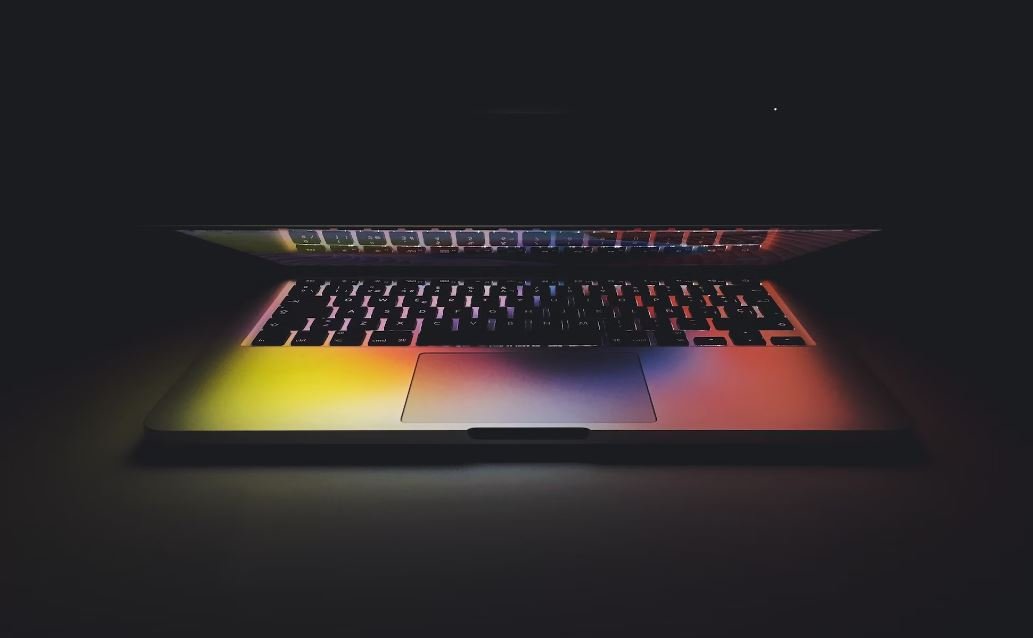
Common Misconceptions
Misconception 1: AI can perfectly recreate a realistic photo
One common misconception about AI-generated photos is that they can perfectly replicate a realistic photo of a person. While AI algorithms have made significant progress in generating lifelike images, there are still certain limitations that prevent them from producing indistinguishable results.
- AI-generated photos may have subtle anomalies or imperfections that can give away their artificial origin.
- Facial expressions may not be accurately represented, resulting in unnatural or distorted features.
- The generated photo may not capture the full range of human emotions and subtleties.
Misconception 2: AI can read minds or predict behavior based on a photo
Another misconception is that AI can read minds or predict an individual’s behavior solely based on a photo. While AI algorithms can analyze certain facial features and patterns, they cannot accurately determine an individual’s thoughts, intentions, or future actions.
- AI-generated photos cannot provide insight into an individual’s mental state or emotions.
- Predicting behavior based purely on appearance is unfair and can lead to stereotyping and prejudice.
- There are various factors beyond physical appearance that influence human behavior.
Misconception 3: AI-generated photos always violate privacy
One misconception surrounding AI-generated photos is that they automatically violate privacy rights. While there have been instances where AI-generated photos have been misused, it is important to note that not all AI applications involving photos are inherently invasive.
- AI-generated photos can be used for creative expression, art, or entertainment purposes.
- When used responsibly, AI-generated photos can enhance user experience in various applications.
- It is crucial to ensure that AI-generated photos are used in a manner that respects privacy and ethical considerations.
Misconception 4: AI-generated photos are always superior to human-generated ones
Contrary to popular belief, AI-generated photos are not always superior to human-generated ones. While AI algorithms can produce impressive results, there are certain artistic elements and details that human photographers and artists excel at capturing.
- Human-generated photos often convey a sense of emotion, personal style, and creativity that AI-generated photos may lack.
- Human photographers have the ability to adapt and respond to dynamic environments and capture unique moments.
- The subjective nature of art means that different individuals may have preferences for human-generated or AI-generated photos.
Misconception 5: AI-generated photos are a threat to professional photographers
Another common misconception is that AI-generated photos pose a threat to professional photographers. While AI algorithms have the potential to automate certain aspects of photography, they do not replace the skill, creativity, and unique perspective that professional photographers bring to their work.
- Professional photographers possess artistic vision and expertise that cannot be easily replicated by AI algorithms.
- Human photographers develop relationships with clients and have the ability to capture personal narratives and emotions in their photos.
- The advancement of AI technology can actually assist photographers in various ways, such as enhancing post-processing or enabling new creative possibilities.
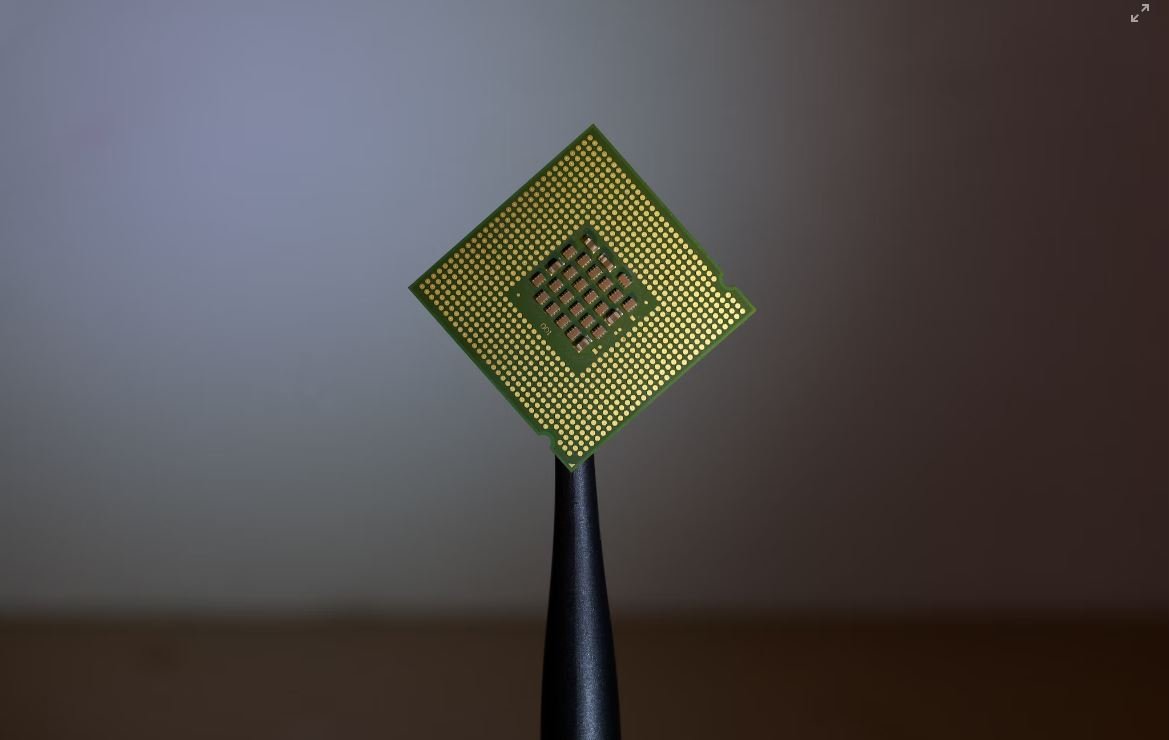
The Rise of AI in Photo Editing
A new trend in photo editing has taken the world by storm – the use of Artificial Intelligence (AI). AI algorithms can now automatically enhance and modify images, providing astonishing results. This article explores some fascinating examples of how AI technology can transform ordinary photos into extraordinary ones.
1. Old Photograph Restoration
AI-powered software can revive old and damaged photographs, restoring their faded colors, repairing scratches, and even adding missing details. With just a few clicks, a cherished photo from the past can regain its original beauty.
2. Portrait Retouching
The power of AI extends to perfecting portraits. Advanced algorithms can remove skin blemishes, reduce wrinkles, and brighten teeth, transforming ordinary snapshots into flawless professional-quality portraits.
3. Landscape Enhancement
AI algorithms excel in enhancing landscapes, making dull skies look vibrant, and bringing out hidden details in natural settings. With AI, a lackluster landscape can be transformed into a stunning postcard-worthy scene.
4. Object Removal
Have an unwanted object ruining an otherwise great photo? AI can help! By intelligently analyzing the surroundings, AI algorithms can seamlessly remove unwanted objects from images, leaving no trace behind.
5. Colorization of Black and White Photos
AI can bring black and white photos to life by automatically adding color. Using deep learning techniques, AI algorithms can accurately identify and apply colors that match the original scene, giving new life to old memories.
6. Artistic Style Transfer
By leveraging AI, you can transform your photos into works of art inspired by famous painters like Van Gogh or Picasso. AI algorithms can apply the style of a specific painting to any photo, resulting in stunning artistic interpretations.
7. Face Age Progression
Ever wondered how you might look in the future? AI can provide a glimpse into the future by automatically age-progressing a face in a photograph. This intriguing feature can satisfy anyone’s curiosity about their future appearance.
8. Image-to-Image Translation
AI technology enables image-to-image translation, wherein the style and content of one image are transferred to another. This can be used to create imaginative illustrations or even change the appearance of objects within a photo.
9. Deep Dream Visuals
With AI algorithms, it’s possible to generate surreal and dreamlike visuals. By training a neural network on vast amounts of data, AI can create psychedelic and unique imagery that challenges the boundaries of human imagination.
10. Noise Reduction and Image Sharpening
In low light conditions, images can be plagued by noise and lack sharpness. AI algorithms can tackle these issues by reducing noise and enhancing details, resulting in cleaner, sharper, and more visually appealing photographs.
In a world where photographs play a crucial role in sharing experiences, memories, and emotions, the rapid development of AI photo editing tools opens up endless creative possibilities. From restoring ancient pictures to creating futuristic age-progressed selfies, the synergy between AI and photography has changed the way we perceive and appreciate visual media. With AI as our creative ally, the future of photography looks brighter than ever before.
Frequently Asked Questions
How does AI Photo of Me work?
AI Photo of Me uses advanced artificial intelligence algorithms to analyze and understand facial features in a photograph. It can recognize key details such as skin tone, eye shape, facial structure, and more. Based on this analysis, it generates a realistic and high-quality AI-generated image that closely resembles the original photo.
Can AI Photo of Me generate an image from any photograph?
AI Photo of Me can generate an AI-generated image from most clear and well-lit photographs. However, the quality and accuracy of the generated image may vary depending on factors such as the resolution and detail of the original photo.
Is the AI-generated image an exact replica of the original photograph?
No, the AI-generated image is not an exact replica of the original photograph. While it aims to closely resemble the original photo, there may be slight differences in facial expressions, hair, or other features as the AI algorithm interprets and generates an image based on the provided input.
Can AI Photo of Me work with group photos?
Yes, AI Photo of Me can work with group photos. However, it is important to note that the algorithm may prioritize certain features or individuals in the photo, resulting in variations in the generated AI image. The quality and accuracy of the generated image for each individual in a group photo may vary.
Is AI Photo of Me safe to use?
Yes, AI Photo of Me is safe to use. It does not require any personal information or sensitive data to generate the AI-generated image. However, it is always important to use AI tools responsibly and ensure that the original photograph and the AI-generated image are used and shared ethically.
Can I edit the AI-generated image?
Yes, you can edit the AI-generated image just like any other digital image. However, keep in mind that altering or manipulating the image extensively may affect the overall quality and realism of the image. It is best to use editing tools with caution and preserve the original integrity of the AI-generated image.
How long does it take to generate the AI image?
The time required to generate the AI image can vary depending on the complexity and size of the original photograph as well as the processing capabilities of the AI Photo of Me platform. Generally, the process takes a few seconds to a minute.
Is AI Photo of Me available on mobile devices?
Yes, AI Photo of Me is available on mobile devices. You can access the AI Photo of Me website using a mobile browser, and the platform supports generating AI images from photos stored on your mobile device’s gallery.
Can AI Photo of Me be used for commercial purposes?
While AI Photo of Me can generate AI images for personal use, it is important to review and understand the terms and conditions of the platform regarding commercial usage. Some AI tools may have specific restrictions or licensing requirements for commercial use.
Are there any limitations to using AI Photo of Me?
Yes, there are limitations to using AI Photo of Me. The accuracy and quality of the generated AI image can vary depending on factors such as the original image’s quality, lighting conditions, and complexity. Additionally, the technology may not perfectly replicate certain details such as intricate hairstyles or complex patterns.
